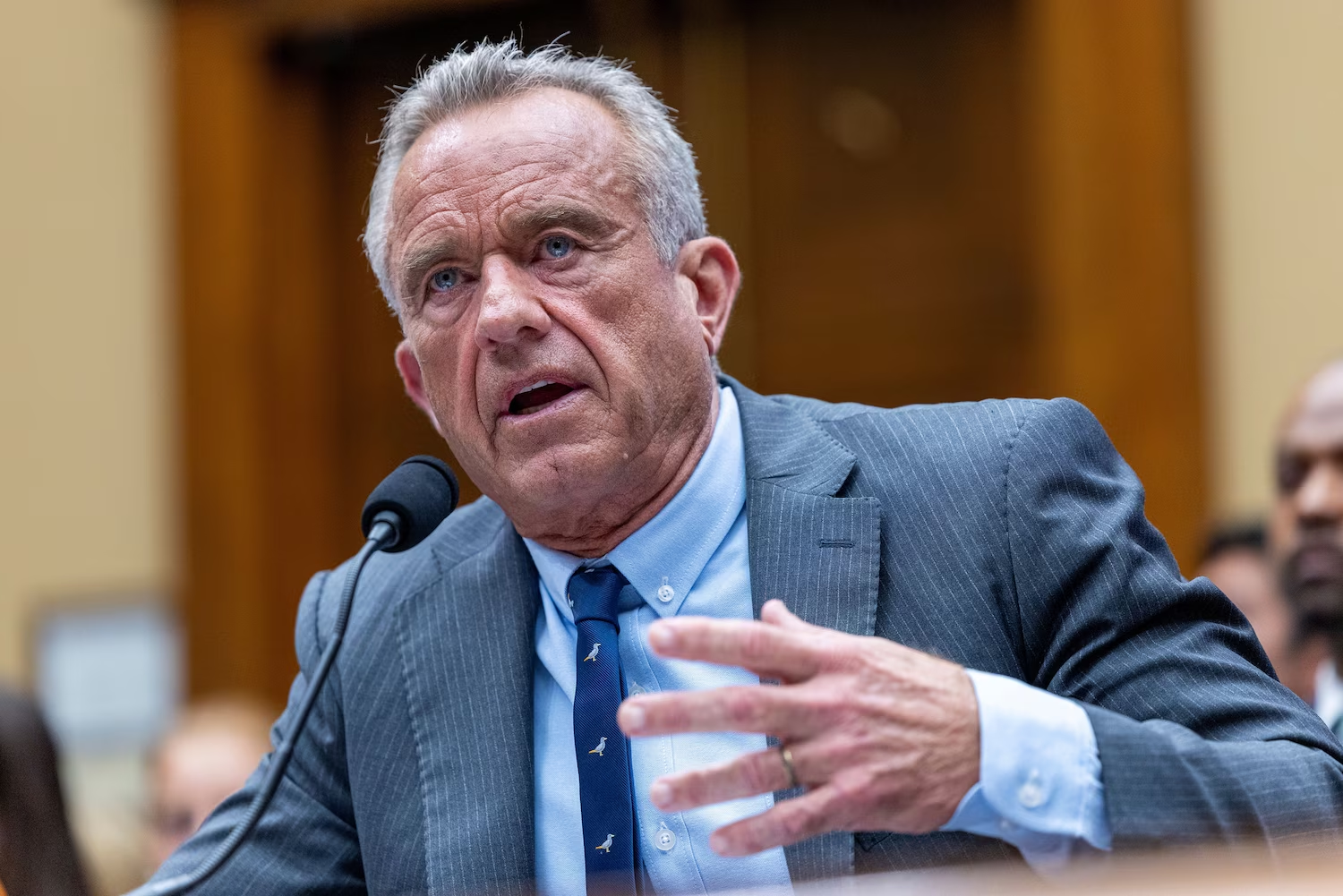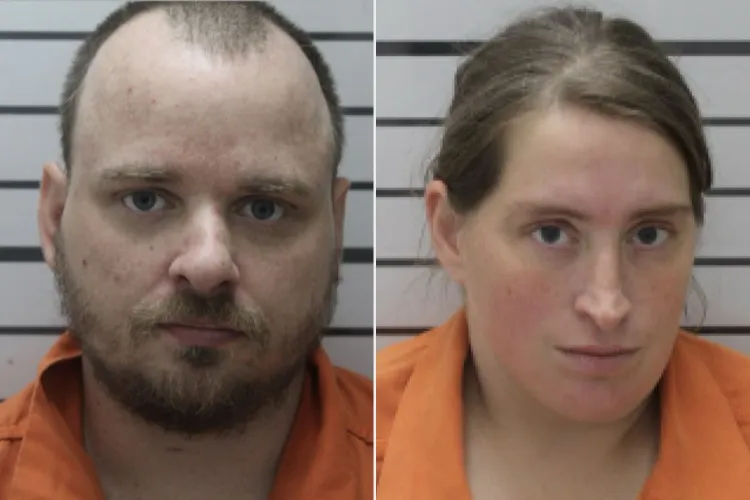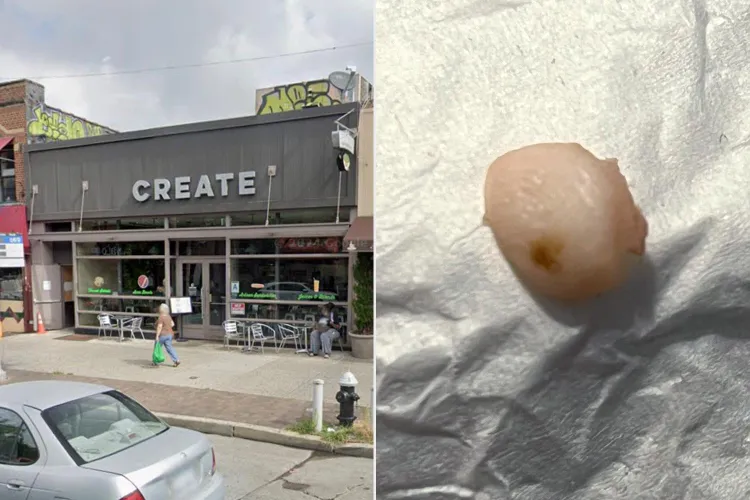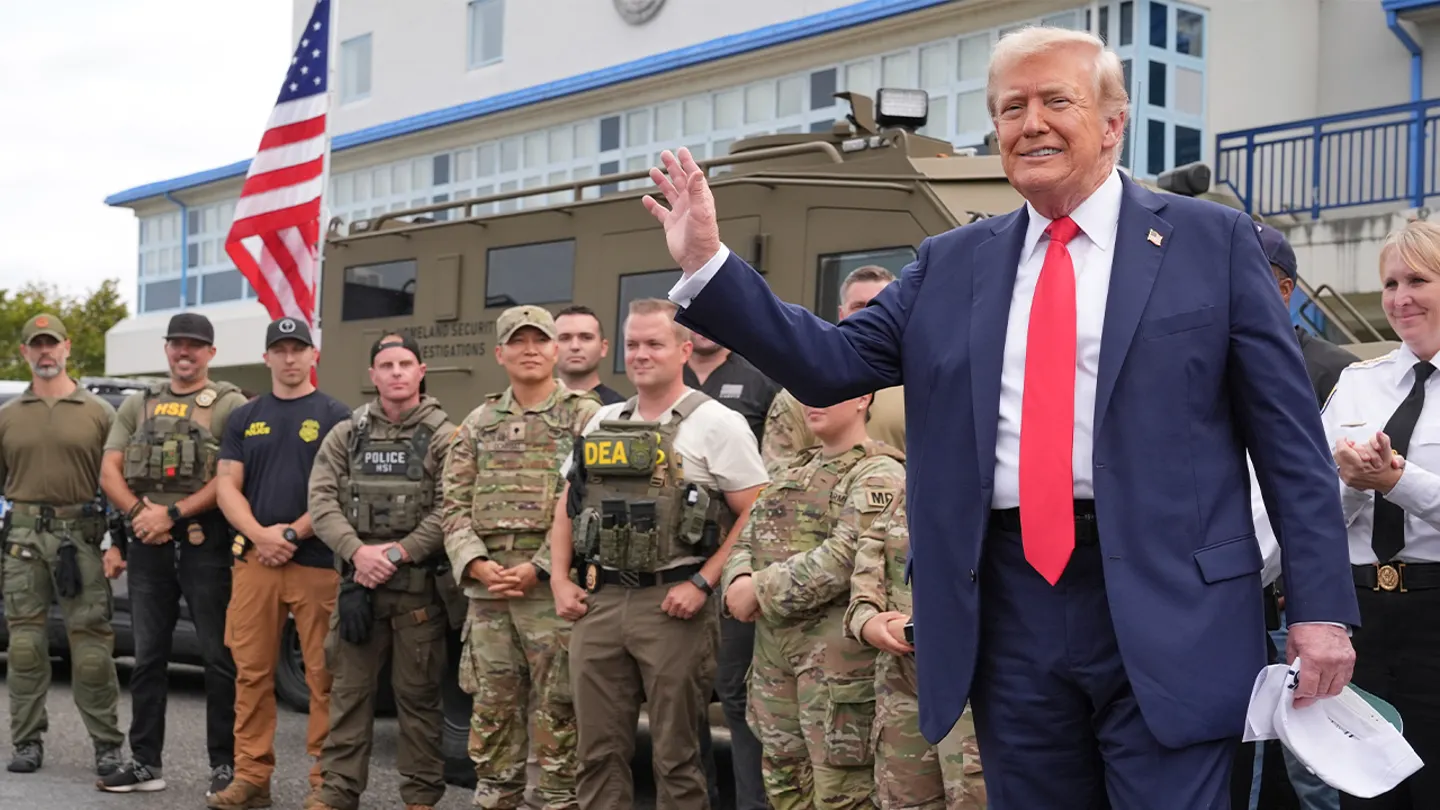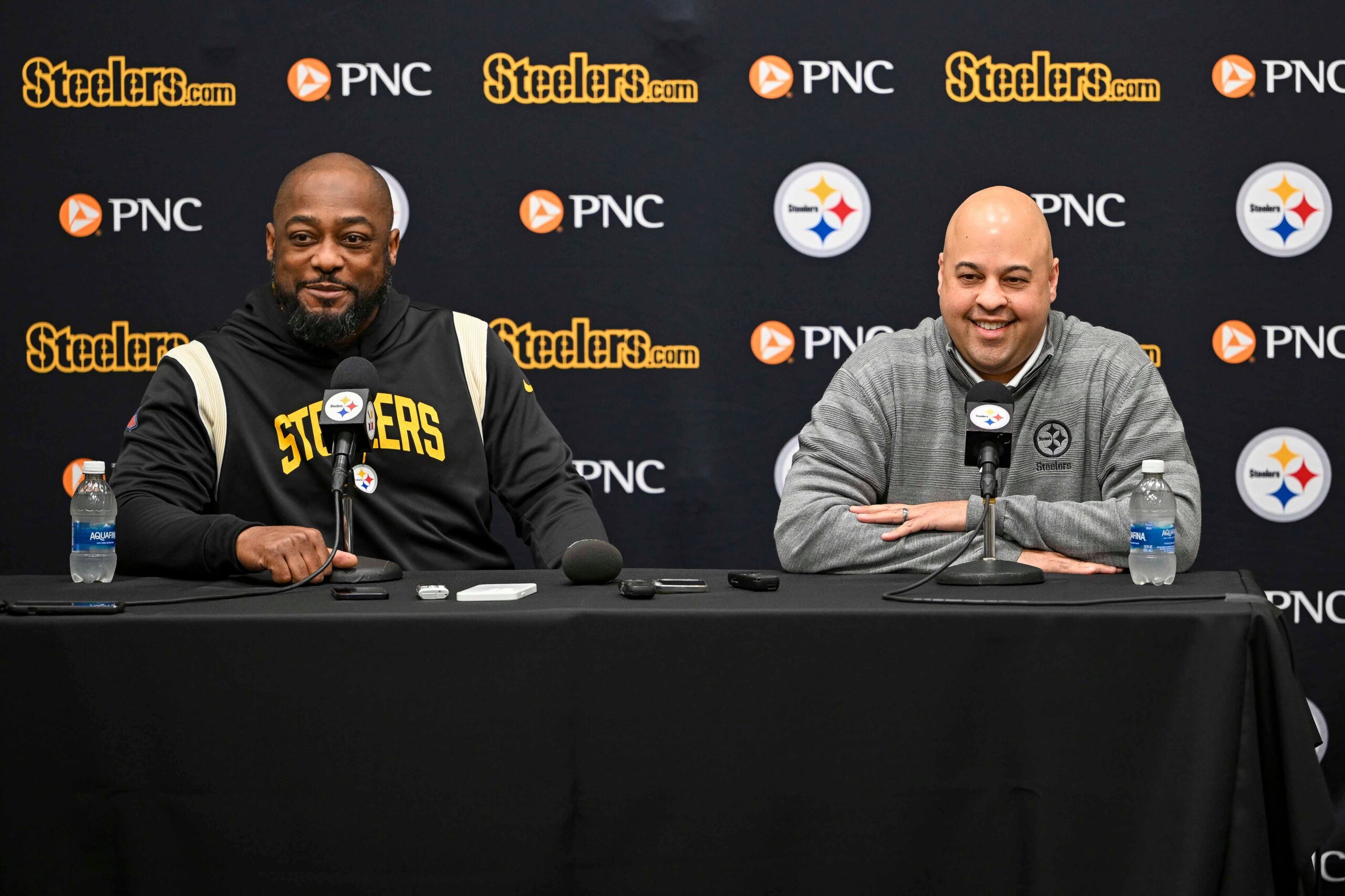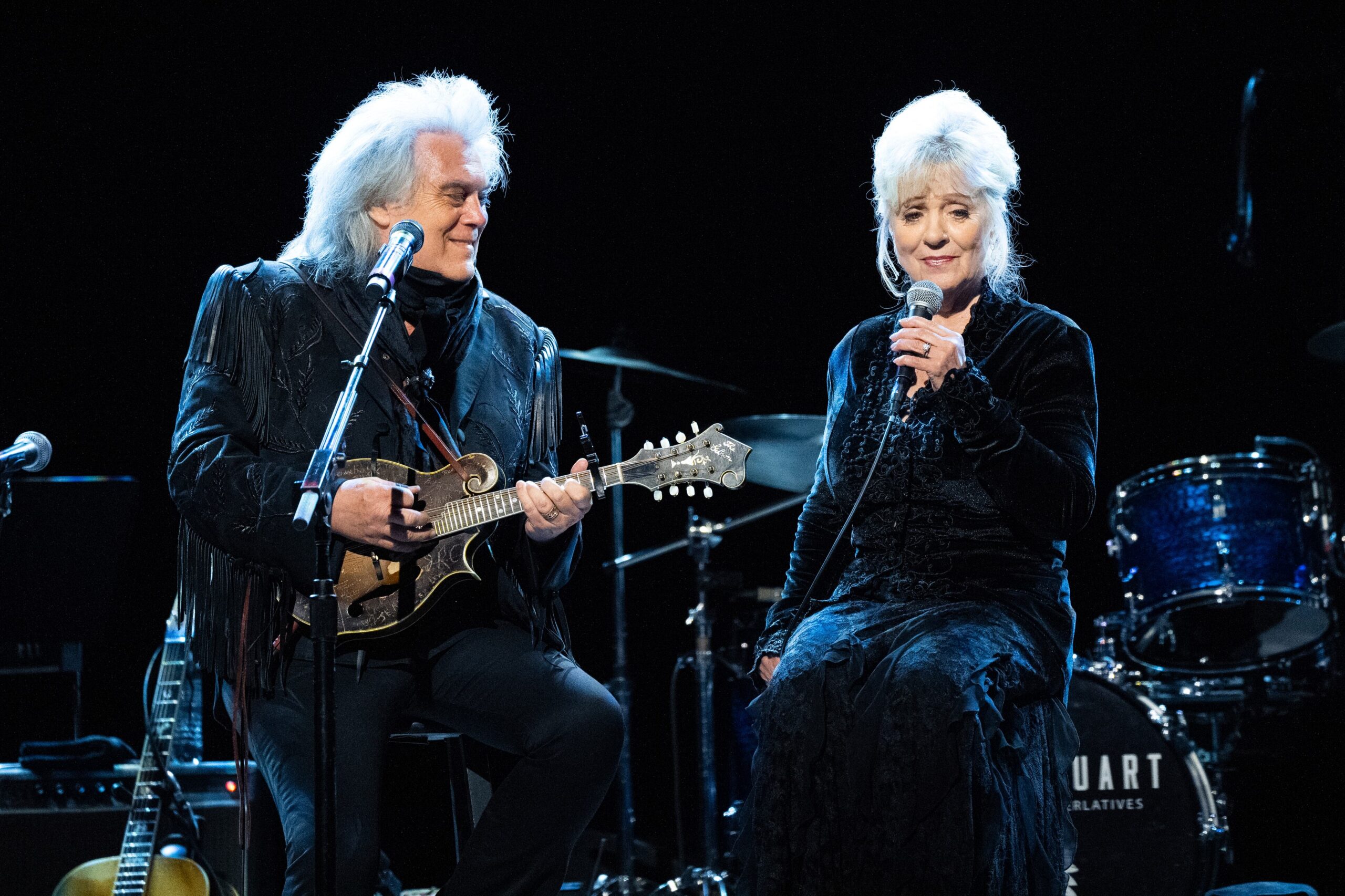Washington, D.C.The U.S. Department of Health and Human Services (HHS) has revived the Task Force on Safer Childhood Vaccines, a body that was first formed in 1986 and abolished in 1998, in a decision that has generated a great deal of controversy. The resuscitation comes after Children’s Health Defense, an anti-vaccine group that was started by HHS Secretary Robert F. Kennedy Jr., sued the department, claiming that it had broken federal law by not creating the task force.
A Win for Proponents of Vaccine Safety
Restoring the task force, according to its proponents, is an essential first step in improving vaccination safety and resolving public concerns. Under the direction of Jay Bhattacharya, director of the National Institutes of Health (NIH), the group seeks to enhance safety monitoring systems, promote vaccine-related research, and create vaccines with fewer and milder adverse responses.
In order to make sure that public health policies are founded on the greatest available evidence, this task group will offer a chance to examine and enhance the safety of kid immunizations, Bhattacharya said in a statement. Our objective is to increase public confidence in vaccinations by promoting openness and thorough assessment.
Critics Fear Public Health Could Be Undercut
The task panel may jeopardize decades of scientific consensus on vaccination safety, according to a number of public health professionals.Critics worry that, as happened earlier this year when Kennedy replaced a vaccine advisory council with vaccine-skeptical personalities, the panel may be made up of people with strong anti-vaccine prejudices or lack scientific credibility.
Former CDC immunization program director Dr. Walter Orenstein cautioned that the task force’s resuscitation may undermine public confidence in vaccinations and public health organizations. Any evaluation of vaccine safety must be carried out by professionals dedicated to evidence-based medicine.
Public Attitude and Political Consequences
There are also important political ramifications to the task force’s restoration. Kennedy’s tenure at HHS has already resulted in a number of contentious decisions, such as the termination of the COVID-19 vaccine recommendations for healthy children and expectant mothers and the dismissal of all 17 members of the CDC’s Advisory Committee on Immunization Practices.
The debate over vaccine policy in the US has heated up as a result of these steps. While some regard them as a necessary correction to perceived overreach, others see them as a risky break from long-standing public health standards.
A Contentious Problem with Deeply Held Feelings
For many families, especially those who think vaccines have damaged their children, the topic of vaccine safety is extremely sensitive. Even though there is no solid scientific evidence linking vaccines to autism, the public’s perception of danger is still very strong.
The task force is seen by some parents as a long-overdue recognition of their concerns. One mother, whose child was diagnosed with autism shortly after having vaccinations, remarked, “At last, someone is listening to us.” The safety of vaccines requires further investigation.
Others view the task force as a concerning indication that the government is reversing its stance on evidence-based medicine. According to a pediatrician who asked to remain anonymous, this is a step backward. We cannot afford to base our health policies on false information.
Gazing Ahead
All eyes will be on the task force’s makeup and the scientific validity of its conclusions once it gets started. Within two years, the first report is anticipated, followed by biennial updates.
The argument over public health policy and vaccination safety is expected to heat up in the interim, mirroring larger rifts in American society about science, trust, and the role of the state in individual health choices.
